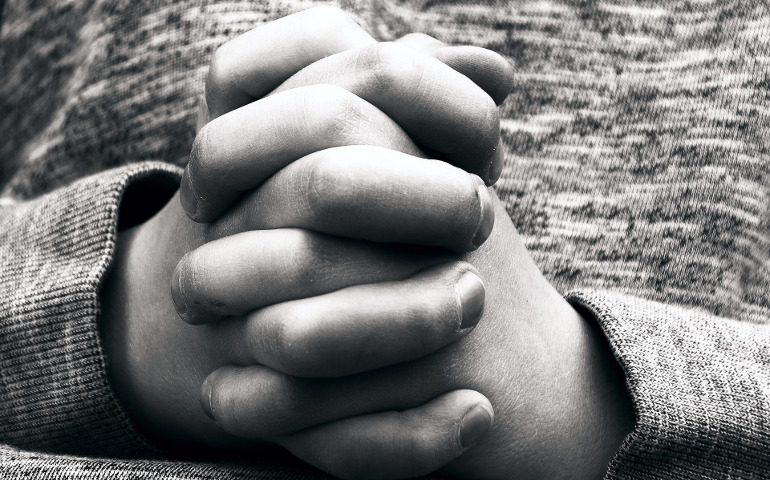
(Pixabay/Public Domain)
“I give praise to you, Father … for although you have hidden these things from the wise and the learned, you have revealed them to little ones.” That’s a prayer designed to throw us off center. If we’re looking for an ego boost for being disciples, Jesus’ prayer just set us straight. He’s thanking God that the unsophisticated have understood him. He praises God because his followers are the folks nobody thinks of as wise or learned. If a bunch of scientists or college students who had just finished their first philosophy course characterized our Sunday Mass crowd this way, we’d be haughtily insulted. The implication seems pretty clear that only the naive or needy find answers in Christ.
In reality, the point Jesus is making is not that he’s seeking the senseless. It’s true, he does hang out with the poor and reach out first to the children, the possessed, the infirm, etc., but the key insight here is that Jesus’ message is impenetrably obscure to folks whose heads and hearts are too full of their own ideas and opinions. They are the self-appointed wise and worldly who can’t afford to jeopardize their hard-won and rigidly held security, maybe even their identity, by opening themselves to the alternatives Jesus presents. The risk involved in exposing themselves to an alternative perception of life and faith is an option that sounds pretty dumb to a lot of people. (It’s one of those crazy conundrums like “You must lose your life to save it.”)
| Fourteenth Sunday in Ordinary Time |
| Zechariah 9:9-10 Psalm 145 Romans 8:9, 11-13 Matthew 11:25-30 |
To understand what’s going on with Jesus’ prayer about the little ones, we need to look at the context. Jesus had just finished a serious harangue about the people who criticized John the Baptist for being austere and himself for too much enjoyment of life. He followed that with a dressing down of the towns that rejected him after being the beneficiaries of his ministry. Apparently, even if you are the Son of God, it hurts to be dismissed.
What Jesus prays next is more revealing than we might think. He says, “Yes, Father, such has been your gracious will.” Jesus is praying another version of “Thy will be done,” only now he declares his willingness to obey even as he is discovering God’s will. His dialogue with God might be reworded to say: “These are the ones you are sending me, Father. What am I to learn from this? What am I to do with this?”
In what can sound like a non sequitur, Jesus then announces that he knows God just as God knows him and that he can reveal God to others. If we understand that in the light of Jesus’ process of discovering God’s will, we see that he is explaining that he knows God through a growing, changing relationship, not via the theory of settled dogma. As he recognizes the Father and the Father’s will in what is happening in his life, he gives thanks that the Father is with him — even in ways that he did not anticipate, such as his experience of who accepted and who rejected him and his message.

This short Gospel gives us a very telling picture of Jesus, his prayer, his discernment and his trust in God. Whereas the majority of Jesus’ teaching in Matthew’s Gospel happens through discourses and parables, in this passage Jesus teaches by letting us witness his own relationship with the Father and his discernment of God’s will for him. Ultimately, he shows us how to pray the hardest kind of prayer. In the midst of frustration and feelings of failure, he gives thanks. Jesus shows us that the clean of heart can find God in any circumstances. This prayer is a demonstration of profound faith in the God whose ways are not our ways.
Finally, after exposing his own process of prayer and discernment to anyone who would listen, Jesus invited them into the very same process. “Come to me … I will give you rest.” When he tells us “Take my yoke,” he is saying: “Do as I do, trust as I do. You don’t have to think that the world depends on the success of your plans. When I said that the meek would inherit the Earth, I meant that it’s an inheritance, not wages or even a bonus.”
Today’s Gospel challenges us to be as simple, as meek and humble, as obedient as Jesus himself. He leads us to give thanks when we are thrown off center, diverted from our own plans and schemes. Jesus offers his own yoke of trusting that God is present and leading us in the precise circumstances of each moment — whether or not we would have chosen them.
[Mary M. McGlone, a Sister of St. Joseph of Carondelet, is currently writing the history of the Sisters of St. Joseph in the U.S.]


